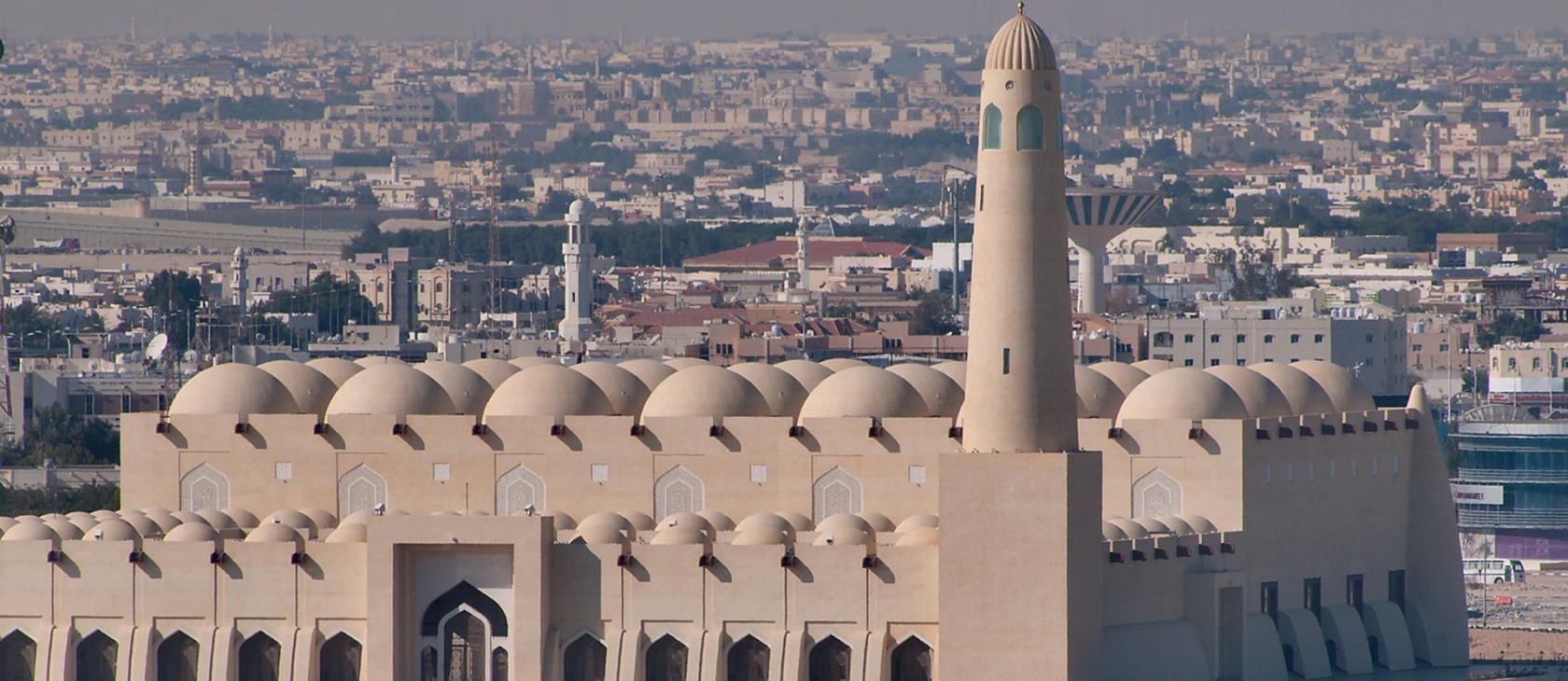by MUSTAFA AKYOL

When the terrorist army that calls itself “the Islamic state,” or ISIS, captured large parts of Iraq and Syria in the mid-2010s, the world was shocked. Many Muslims around the world were also shocked, because the savagery of this self-declared “caliphate” was deeply at odds with what they knew as their religion. Many of them, therefore, simply declared that ISIS had nothing to do with Islam.
The history of Islam is a complex one and includes a variety of schools and reform movements, a small number of which advocated hatred for and violence against “infidels” and “polytheists.” Understanding the roots of these sects is especially helpful today.

Meanwhile, some Islamic scholars offered a more nuanced explanation: ISIS had something to do with Islam, but only as the rebirth of a much-loathed ancient heresy: the Khawarij, or “the Dissenters.” This was an extremely fanatical and violent sect that emerged in the middle of Islam’s first civil war, in the mid-seventh century. Its members condemned all other Muslims as “infidels” and set upon killing them. No wonder these ancient Dissenters have been abhorred by both Sunni and Shiite Muslims alike, going down in history as an extremely militant offshoot of a great religion.
There was one thing, however, that did not fit this Khawarij analogy: the way ISIS sees itself. The Khawarij were clearly a sect outside Sunnism, the largest denomination of Islam, which makes up of almost 90% of all Muslims. ISIS, however, as evident from all its declarations and publications, did not see itself outside Sunni Islam. Quite the contrary: it perceived itself as the standard bearer of true Sunnism while condemning most other Sunnis, and certainly all Shiites, as “apostates” that deserve to be punished.
No wonder a specific movement within Sunni Islam was designated by ISIS members as the pious precedent to which they are “true heirs.” This was the “blessed Najdi mission,” or Wahhabism as it’s widely known, whose history and ideology is scrutinized in a new book by Cole M. Bunzel:Wahh?bism: The History of a Militant Islamic Movement.
Acton for more
